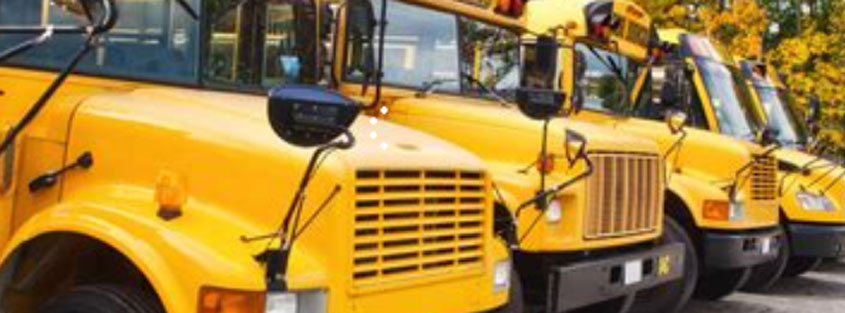The Underlying Problems with Education
On a private local Facebook page, a resident who’s been trying to understand what’s going wrong in public education posted this list, which derives from a Matthew Lynch essay on The Edvocate:
Parents are not involved enough.
Schools are closing left and right.
Our schools are overcrowded.
Technology comes with its downsides.
There is a lack of diversity in gifted education.
School spending is stagnant, even in our improving economy.
We are still using the teacher training methods of yesterday.
here is a lack of teacher education innovation.
Some students are lost to the school-to-prison pipeline.
There is a nationwide college-gender gap, and surprisingly, we are not focusing on it.
We still do not know how to handle high school dropouts.
We have not achieved education equity.
Technology brings a whole new dimension to cheating.
We still struggle with making teacher tenure benefit both students and teachers.
More of our schools need to consider year-round schooling
We are still wrestling the achievement gap.
We need to consider how school security measures affect students.
We need to make assistive technology more available for students with disabilities.
Naturally, any large enterprise will have an evolving list of challenges, but digging down to the core problems that aren’t merely incidental at the moment, this list comes down to two society-wide problems that began to overtake our country fifty years ago:
- We dismantled traditions and cultural norms that established healthy standards without anybody’s having to think about it every generation, let alone every school year.
- We made changes to civic society — including a big-government programs and proliferation of public-sector unionization — that changed the incentives, making achievement of government’s goals secondary to the the mandate to keep the money flowing for powerful special interests.
This is not to say that our traditions and cultural norms didn’t need some evolution back in the day, but in a radical push, we undermined them completely without thinking about what would replace the value that they genuinely did contain, despite their flaws. (For those, like me, too young to remember the ’60s, the same-sex marriage revolution was a good, recent example.)
As for the change in incentives, they arise again in a recent Wall Street Journal op-ed by California teacher and union organizer Glenn Sacks:
Teachers have come under considerable scrutiny in recent decades, and everybody claims to have the silver-bullet reform that will fix education. No Child Left Behind, Race to the Top, Common Core, charter schools, raising the qualifications to become a teacher, limiting or abolishing tenure, and countless other measures have been taken up by Congress and state legislatures since I took my first teaching position in 1989.
Yet there is little public discussion about the education system’s central problem: Teachers don’t have enough time to do our jobs properly. Teachers unions understand this and fight to protect our ability to do our jobs.
Notice Mr. Sacks’s verb on behalf of the unions: They aren’t “negotiating”; they’re “fighting.” And that raises the question of whether they really are working to “protect [teachers’] ability to do [their] jobs.”
The “time poverty” about which Sacks complains is ultimately a function of money. If districts had more money — or if labor were less expensive — they could hire more teachers and support staff. They could provide students with more-individualized attention. The teachers unions are fighting to hold back the pressure for their members to do more work, which results from their high cost in wages and benefits. From that point of view, Sacks’s essay leaves the unions’ primary objective out of the discussion altogether.
If the unions truly were engaged in the cooperative effort to improve education and achieve the goals of public education, they would take budgetary constraints seriously. Instead, they lobby lawmakers to constantly tilt the negotiating playing field in their favor and present our education expenditures as a moral failure.
This isn’t an easy knot to untangle. Teachers do have a justified concern that, without the organized backing of their unions, other special interests and taxpayers will soak up any budgetary slack that they let loose hoping to help the education system. They also have legitimate complaints about what the job has become and, therefore, why it justifies higher compensation. If parents did more to prepare and discipline their children, for example, that would free up both time and mental space for teachers.
If we’re talking about society-wide challenges, then the problem seems unsolvable — as if we can only do our best to stay afloat as the tides move. If there’s hope, it is in a solution that allows more freedom, so parents and schools can experiment with different ways of balancing their needs, which will provide evidence of what works and what does not, as well as the more fundamental social problems that we need to address.



